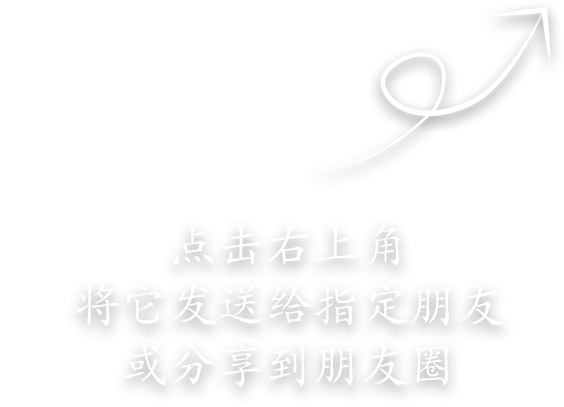Hong Kong's Ambitious Bid to Establish an Asian ICSD: Implications for Global Finance Professionals
In a strategic move to bolster its financial infrastructure, Hong Kong is advancing plans to transform its Central Moneymarkets Unit (CMU) into a leading International Central Securities Depository (ICSD) in Asia. This initiative aims to reduce reliance on Western financial systems and promote the internationalization of the Chinese renminbi (RMB). The recent Memorandum of Understanding (MOU) between CMU OmniClear Limited and Hong Kong Exchanges and Clearing Limited (HKEX) marks a significant milestone in this endeavor.
Strategic Pillars of the Initiative
Supporting RMB Internationalization
Since the launch of the Northbound Bond Connect in 2017, over 830 international institutional investors from more than 70 countries have accessed the China Interbank Bond Market through this scheme. Notably, more than 60% of overseas investor transactions in this market are conducted via Bond Connect and settled through the CMU. The introduction of the Southbound Bond Connect in 2021 further propelled the expansion of Hong Kong's offshore RMB bond market, with total offshore RMB issuances in the CMU increasing from RMB263 billion in 2021 to over RMB1 trillion in 2024.
Despite this growth, global investors face limitations in using their Mainland bond holdings as collateral in international markets. Onshore and offshore bonds issued by the Chinese Government and policy banks represent a high-quality collateral pool totaling US$16.3 trillion. Enhancing the acceptability of Mainland bonds as collateral could lower funding costs and attract more global investors. The HKMA has pioneered measures to include onshore bonds as eligible collateral under the RMB Liquidity Facility and collaborated with the People's Bank of China to expand their use in meeting margin requirements under Swap Connect.
Stimulating Inbound and Outbound Investments
Hong Kong serves as a vital connector between Mainland China and global markets. Mainland households hold over US$21 trillion in domestic bank deposits, with an increasing need to diversify into global capital markets. Currently, Mainland investors have allocated over US$660 billion to offshore stocks and bonds through programs like the Qualified Domestic Institutional Investor (QDII) and Stock and Bond Connect. To facilitate this, the CMU has been expanding its global network, establishing direct linkage services with entities such as the Monetary Authority of Macao and the Central Bank of the United Arab Emirates. The direct linkage service with Macao's Central Securities Depository System was successfully launched on January 21, 2025.
By the end of 2024, the CMU's assets under custody reached a record HK$4.8 trillion. The collaboration between CMU OmniClear and HKEX aims to expand asset classes and geographical coverage, attracting more investors and reinforcing Hong Kong's status as a bond issuance center.
Enhancing User Experience
User experience is crucial for attracting market participants. A new user interface was launched in July 2023 to support CMU's expanding connectivity, and modernization of the core platform is underway. Future plans include establishing a common interface to facilitate efficient management of fixed income and equity holdings, and exploring a multi-asset class custodial platform leveraging advanced technologies to enhance settlement efficiency.
Implications for Global Finance Professionals
For professionals in banking, investment, insurance, government investment promotion, large enterprises, international law firms, accounting firms, and human resources, Hong Kong's initiative presents several key considerations:
Diversification Opportunities: The development of an Asian ICSD offers new avenues for asset diversification, particularly in RMB-denominated instruments.
Collateral Management: Enhanced acceptability of Mainland bonds as collateral can lower funding costs and improve liquidity management strategies.
Market Access: Strengthened infrastructure facilitates more efficient access to Mainland China's vast bond market, benefiting investment strategies and client offerings.
Risk Mitigation: Reduced reliance on Western financial infrastructure can serve as a hedge against geopolitical risks, ensuring more stable operational environments.
In conclusion, Hong Kong's strategic enhancements to its financial market infrastructure not only reinforce its position as a leading international financial center but also provide global finance professionals with expanded opportunities for investment, risk management, and operational efficiency.






















































First, please LoginComment After ~